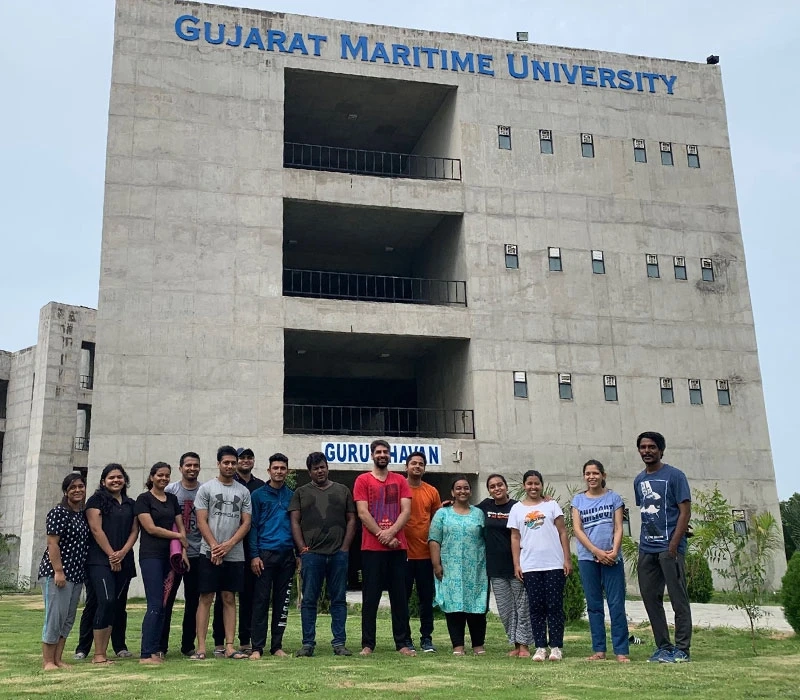Do you think that an MBA in marine logistics is only about ships? You need to think again!
Most people believe that an MBA in the marine domain is only about port operations and ship operations. But here’s a surprise - with this course, you will drive into global trade laws, and financial models that drive trillion dollar decisions. If you are planning a future in the maritime sector, understanding the syllabus can give you a serious head start.
Let us get you the details -
What do you really study in MBA marine logistics?
An MBA in marine logistics, blends business studies with maritime studies. The curriculum goes far beyond conventional logistics, and prepares you to handle global shipping operations, manage risks and navigate international regulations.
Here are 3 surprising facets that you might not know -
- Many graduates work with legal bodies and governments - not just shipping companies
- You will learn tools like - SAP TM and Freightos used in high-value trade negotiations
- Port terminals now use AI and blockchain to cut downtime by 60% - and you will study how it works specifically
What core subjects will you master?
Here are some of the key subjects that you will get to study in detail -
- Does maritime law affect global trade?
You will learn how treaties like - UNCLOS, SOLAS shape international shipping conventions. From liability clauses to environmental obligations under MARPOL, you'll explore how legal frameworks govern maritime operations across nations.
- What’s covered in shipping finance?
This subject explores cost models, asset management, ship financing, and investment risks. You will analyse real world case studies, of ship acquisitions, charter agreements, and financial instruments.
- What role does marine insurance play?
As part of MBA in marine logistics - you can expect to dive into marine risk management, claim handling and protection and indemnity clubs. It’s not just a theory, you will understand the key facets associated with this.
- Why is port and terminal management crucial?
Ports are the nerve centres of global trade. You will study - capacity planning, congestion control and turnaround optimisation. This includes - practical modules on container tracking and automation systems.
What industry tools will you get accustomed to?
You will not only learn theory - you will also get to work with it -
- Freightos for real-time freight rate comparisons
- Marine Traffic for vessel tracking and ETA predictions
- SAP TM (Transportation Management) for supply chain automation
- Port Community Systems (PCS) that link stakeholders for smart port operations
These tools are industry standards and are actively used by shipping majors and 3PL firms.
Why do international conventions matter?
A solid understanding of SOLAS, UNCLOS, and MARPOL is critical. These conventions regulate ship safety, environmental impact, and territorial waters. Knowing them is not enough, it’s essential for compliance, operations and policy-making in international waters.
Final Thoughts
If you are serious about building a career wherein business meets the sea, this program gives you the skills, tools and the global perspective that you need. Made for both students and working professionals, knowing what you’ll study in an MBA in marine logistics can help you choose wisely—and prepare smartly.



